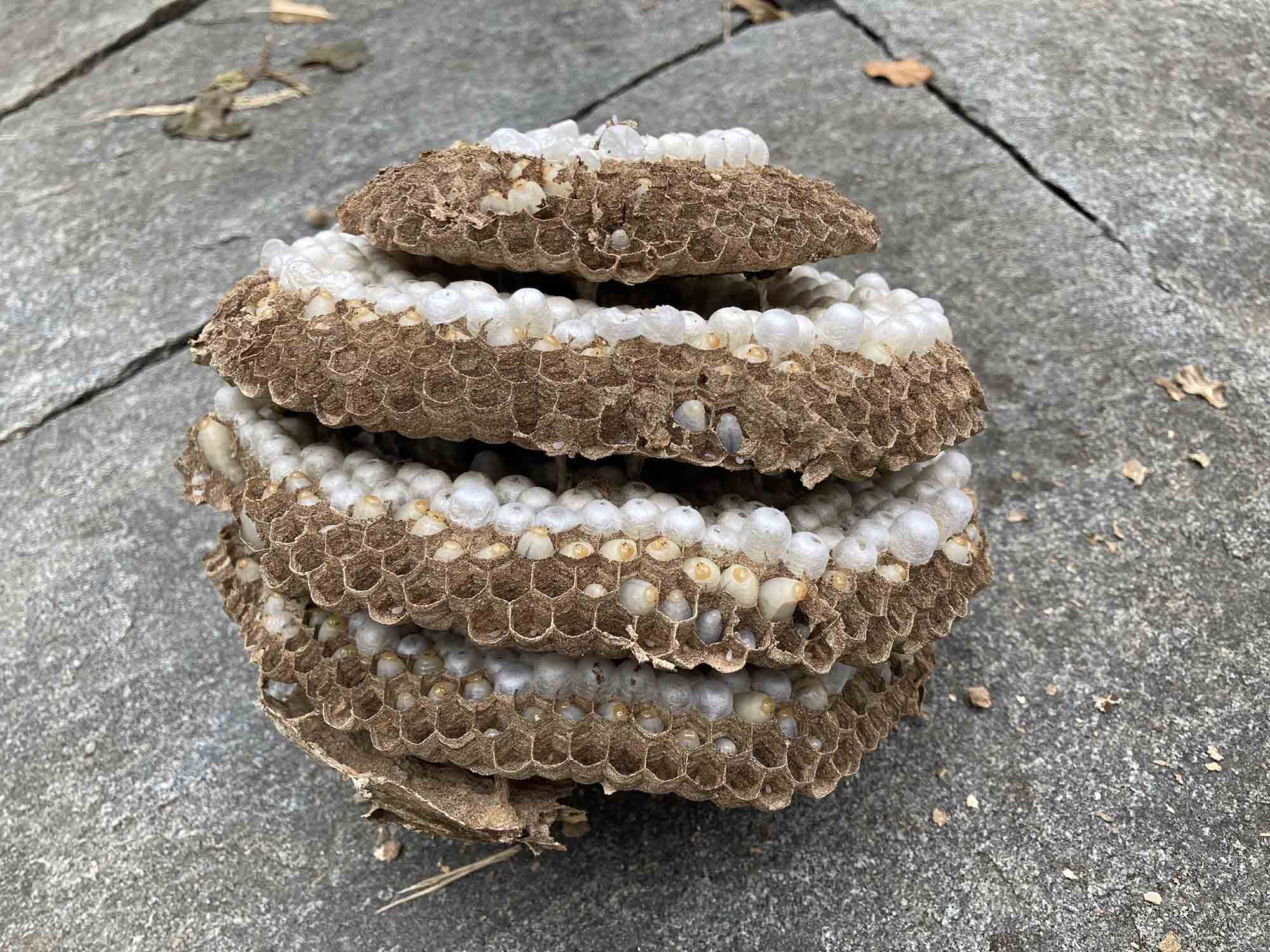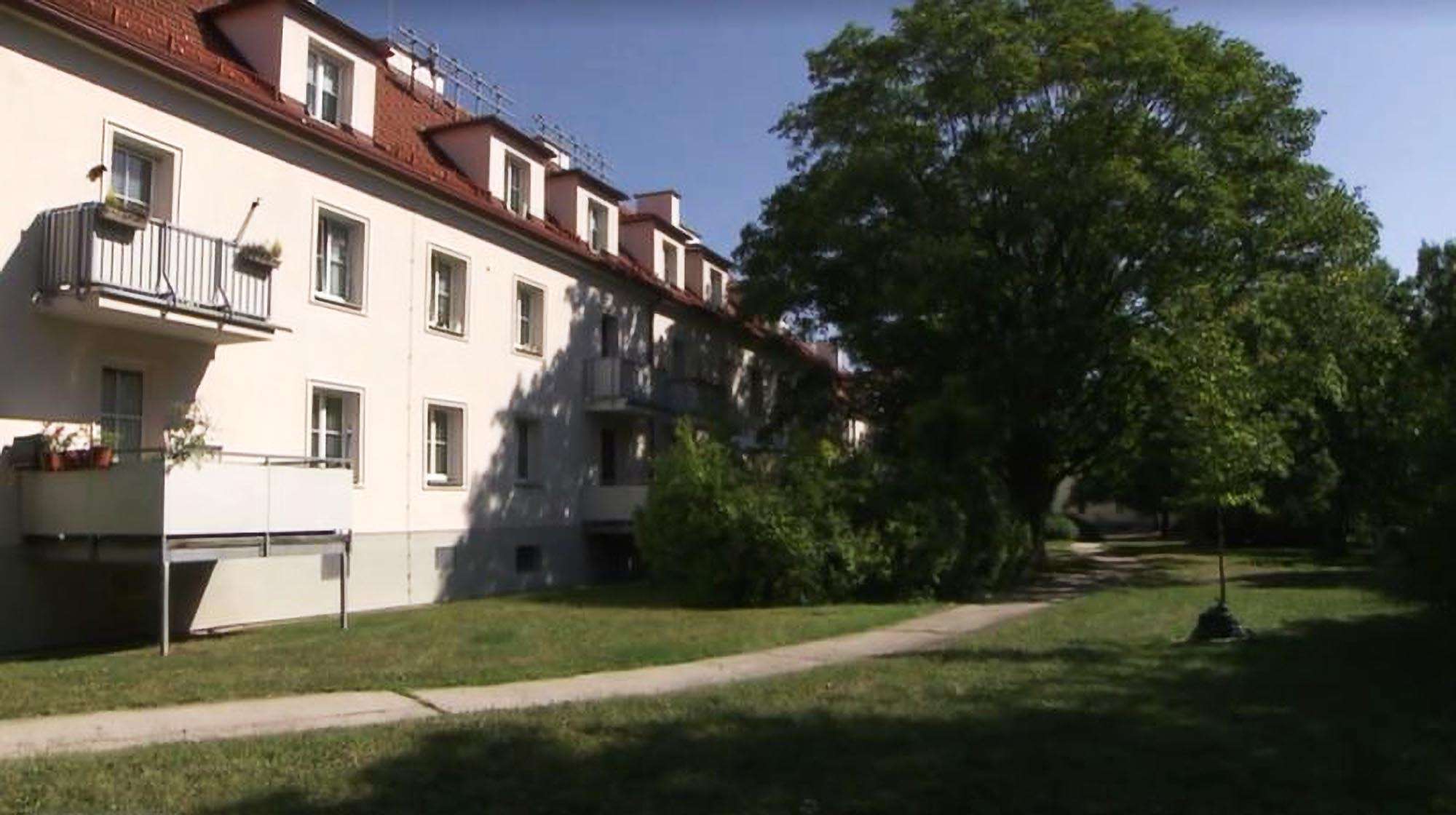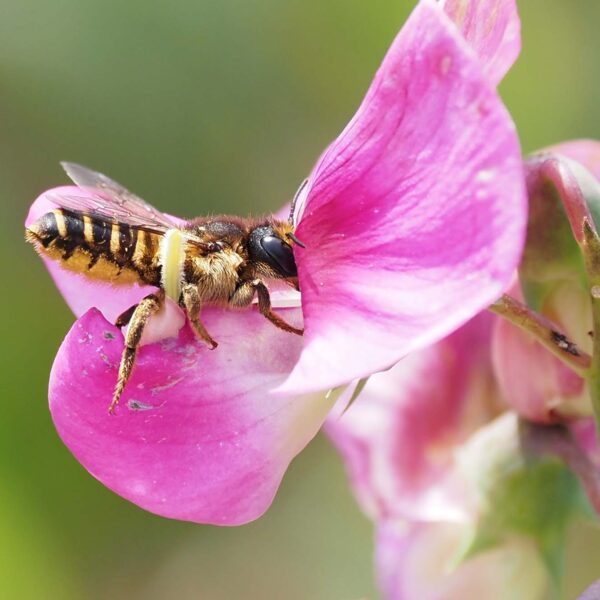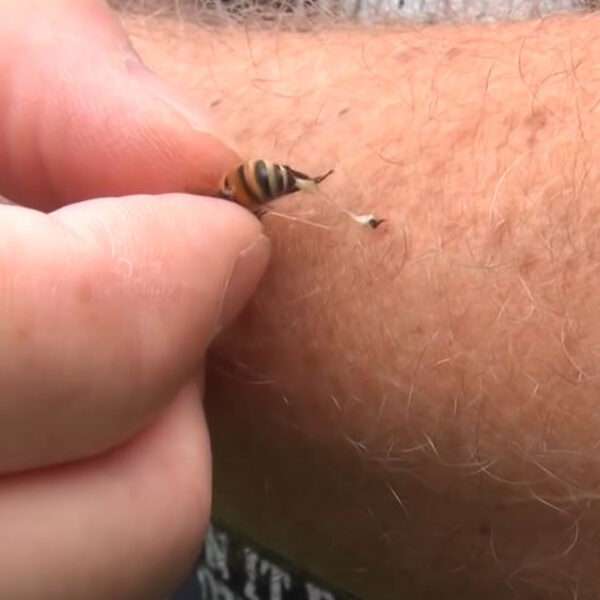Pest control experts in Basel have removed the nest of an invasive insect species after catching a single insect and fitting it with a transmitter so that they could follow it back to the nest and exterminate them.
Health officials said the incident marked the first emergence of the Asian hornet (Vespa velutina), that can kill thousands of honeybees within days, in the city in northern Switzerland.
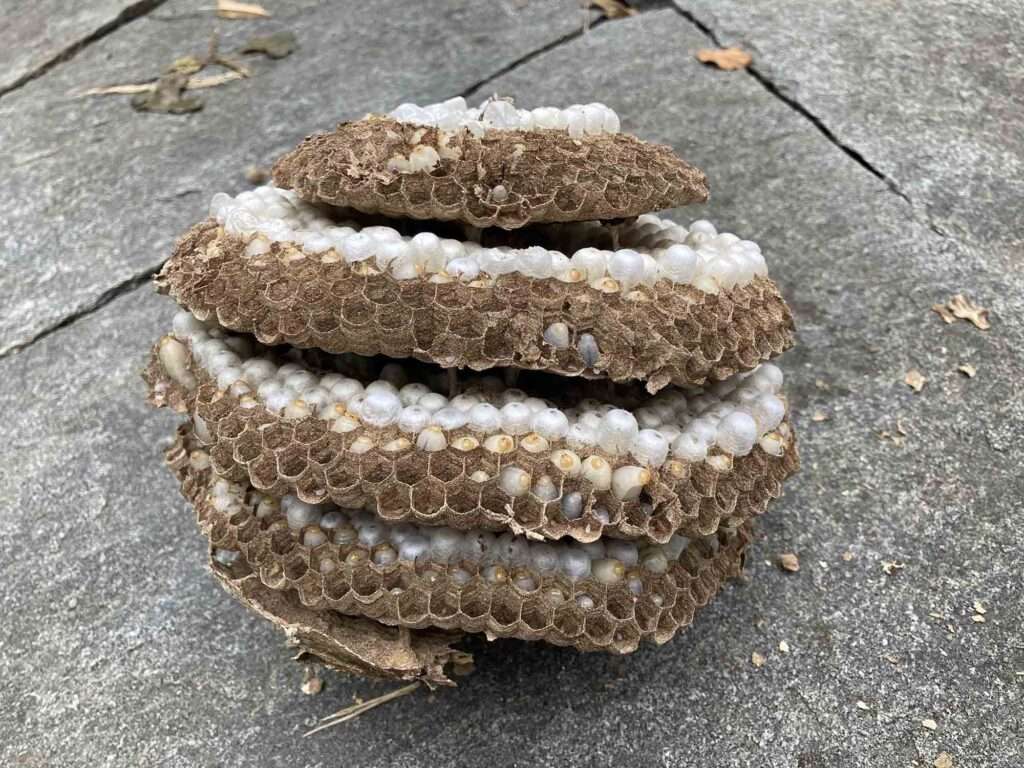
A spokesperson for the city administration said the new tactic was adopted because: “An increase in Asian hornet appearances is likely.”
A beekeeper in Basel’s St. Alban district informed the authorities about the fact that there must be nest of the species which is indigenous to Southeast Asia somewhere in the area.
The authorities in Basel then applied radio telemetry tracking technology to find the nest.
An official explained: “We equipped one Asian hornet with a transmitter. By examining its movement, the nest was eventually found beneath the tiles of a residential building.”
Swiss authorities have set up an Asian hornet notification platform where anyone spotting the predatory insect shall submit their information.
However, apiarists and residents can also inform the local public health magistrate.
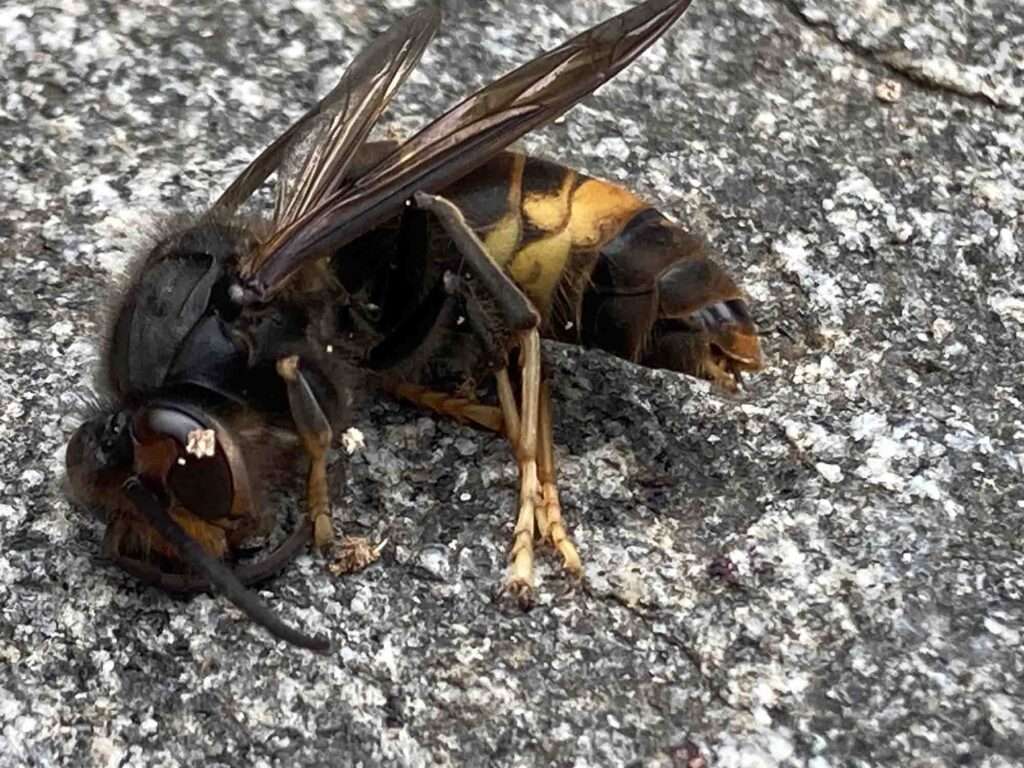
Europe has become the Asian hornet’s habitat since being spotted for the first time on the continent in France in 2004. They started to spread in Switzerland in 2017.
Lausanne University Entomology Professor Daniel Cherix recently said there had been significantly more incidents involving Asian hornets in 2023 compared to previous years.
An Asian hornet colony has the potential to eat up to 11 kilogrammes of various insects per year, according to Dr Eric Darrouzet from Tours University in France.
Beekeepers and agricultural entrepreneurs fear that the current developments could have a negative impact on honey harvest volumes as well as the pollination of plants and flowers.
Dr Kristin Krewenka – who heads the Association of Beekeepers in Germany’s Baden Area – admitted the members of her organisation were “profoundly concerned” regarding the aggressive species’ proliferation.
Earlier this year, officials in Germany emphasised that removing an Asian hornet nest can cost up to EUR 3,000 (GBP 2,580) if firefighters have to get involved.
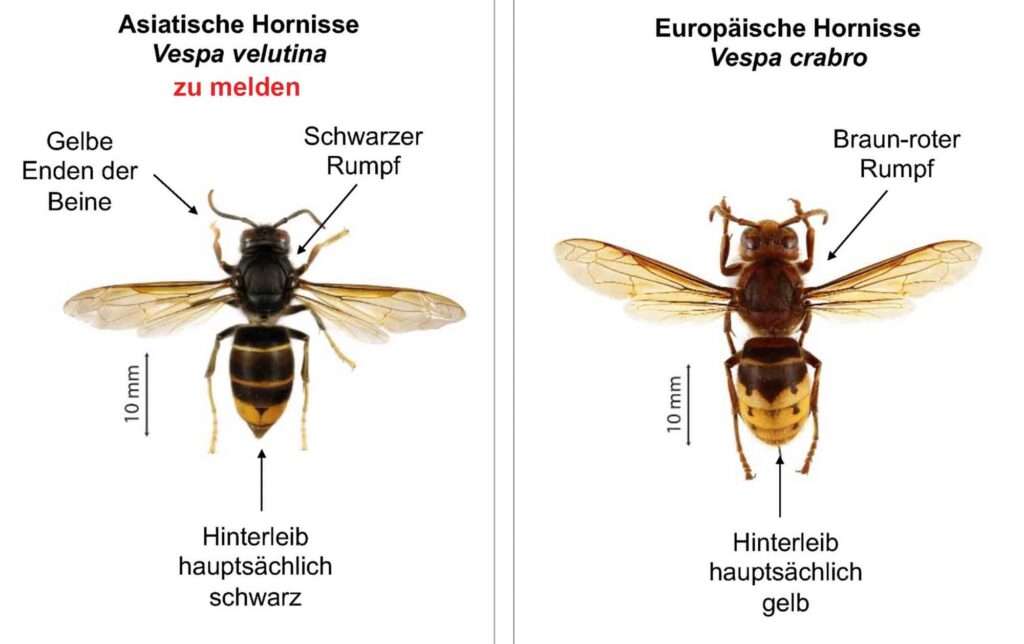
Harald Brugger from Umweltberatung consulting agency in Vienna said anyone getting too close to an Asian hornet nest was at high risk of getting stung “several times.”
Speaking to Austrian broadcaster Puls4, the ecotoxicologist warned: “Approaching a nest can be considered a disturbance by the Asian hornet.”
Harald advised anyone to keep a distance of at least five metres (16.4 ft). He added: “Unless the person suffers from an allergy, singular stings are not a health risk.”

